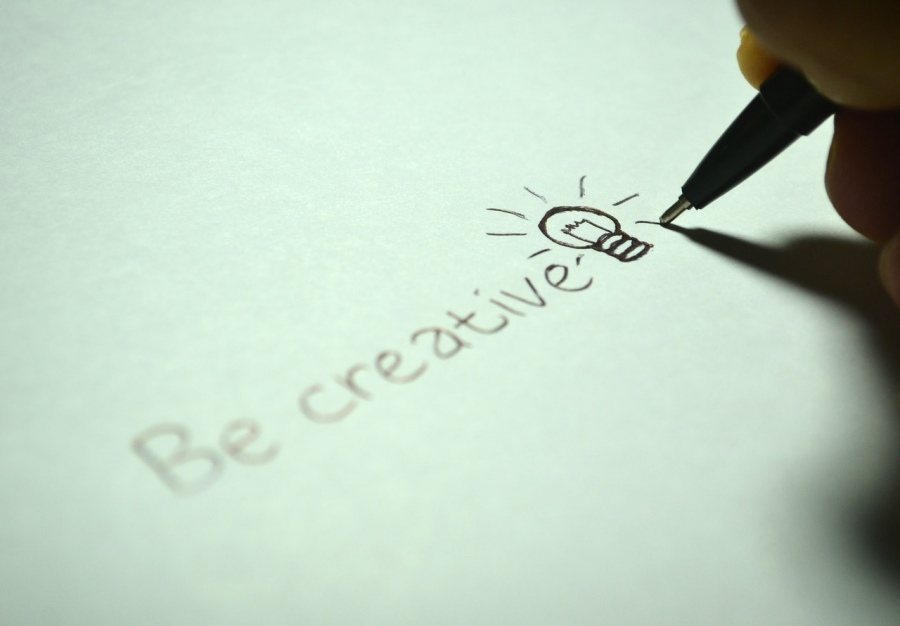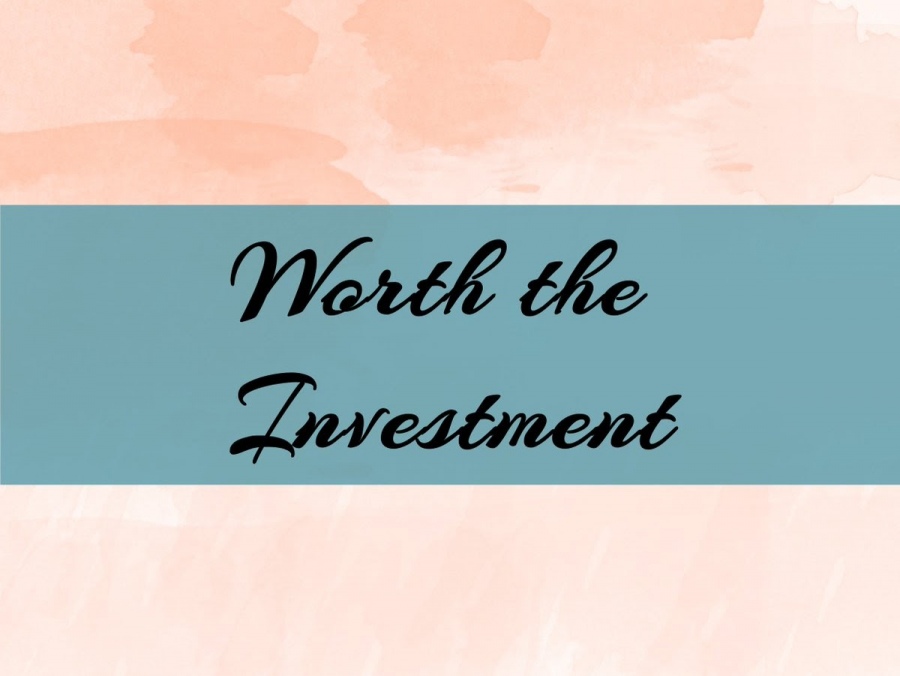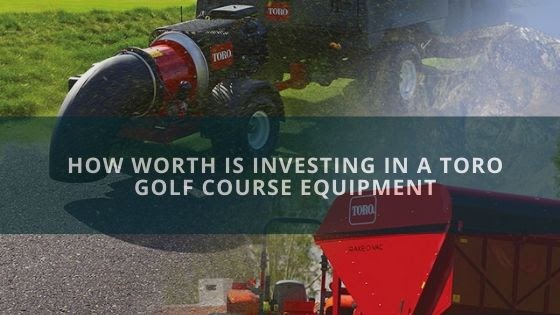Why do we do what we do? Motivation is the answer. We are motivated to do a certain thing. For every act there must be a motive behind, operating us as a dynamic force. for every activity whether overt or covert there must be a motive, a purpose or a goal. Even sitting apparently idle may not be aimless, as you may be busy in imagination, planning or remembering something.
Why Hiroshima and Nagasaki were N-bombed? Why was Napoleon at war with the neighboring nations? What did make Hitler confront the whole world’ All these questions have long stories of motivation and purpose behind. Human behaviour is never un-purpose, meaningless and without motivation.
Definition of Motive
Motivation has been defined as encompassing all factors that arouse, sustain and direct behaviour toward attainment of some goal (Madison, 1959). What these factors are exactly is left unanswered in this definition. Motivation refers to states within a person or an animal that drive toward some goal. It has three aspects
(1) A driving state within the organism that is set in. motion by bodily needs, environmental stimuli or mental events such as thoughts and memories.
(2) The behaviour aroused and directed by this state, and
(3) The goal toward which the behaviour is directed. Motives thus arouse behaviour and direct it toward an appropriate goal.
A man strives for political power while another simply longs for relief from pain he is suffering from. Another person is ravenously hungry and thinks of nothing but food. A lonely boy cherishes to have a friend. Police says the murderer’s motive was revenge. A lady works hard on a job to achieve a feeling of success and competence. Among the above said desires are evident some basic, organic needs while other are of secondary importance. The Primary needs which have been recognized and studied are those related to our need for food, oxygen, water, rest and activity, for maintenance of moderate temperature, relief of parental and survival urges, pain, and bladder tensions and for contact corn fort.
Instincts and Drive
Human instincts (or those of organisms) are innate, internal forces, characteristic of spices which propel individuals to behave in broadly predictable war’s (Weiner, 1980). Most renowned instinct theorist was William McDougall who in 1908 proposed a list of human instincts. This list included
Curiosity’ Pugnacity Self abasement
Flight Repulsion Self-assertion
Reproduction Gregariousness Acquisition and
Parental instinct
The number of instincts went on growing as the researchers tried to account for more and more behavioral patterns. The concept of instincts, however, faced a good deal of criticism as well and psychologists began to develop more precise models of motivation.
Due to the impelling and predisposed nature of instincts, they were also called drives. Drives of instincts are referred to those needs of the organism which are indispensible and their very life will be at stake if not gratified. They are also referred to as organic or physical needs, and according to later model of classification the unlearned motives.
Types of Motives
(i) The instincts organic needs or drives come under one type of Unlearnt Motives. They are also called Primary Motives.
(ii) The second type is named as Secondary Motives or Learnt Motives or learnt motives.
Here is Liza John from Pass Certification . Have you really looked for this 70-646 Assistance? Step forward to take the benefit of 70-687 and pass your exam easily.





